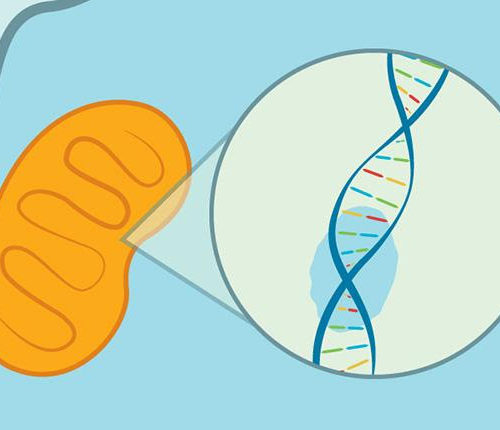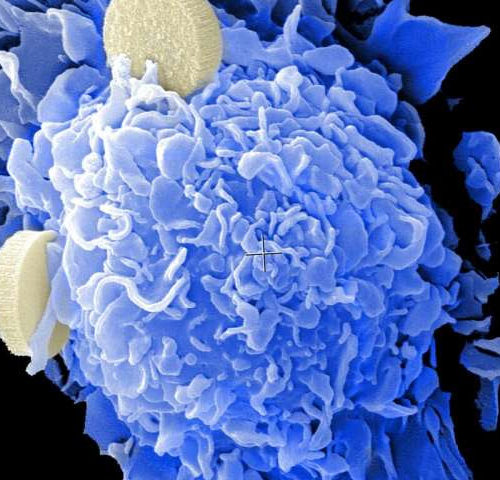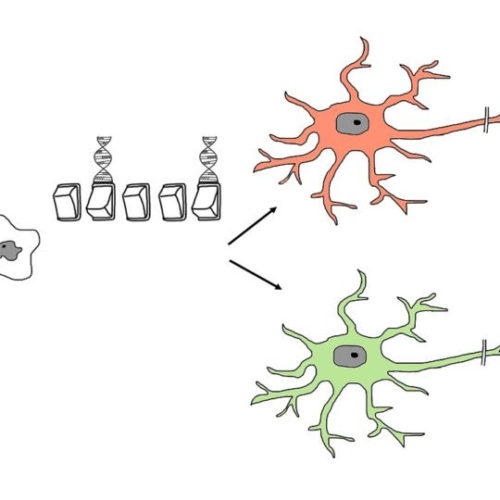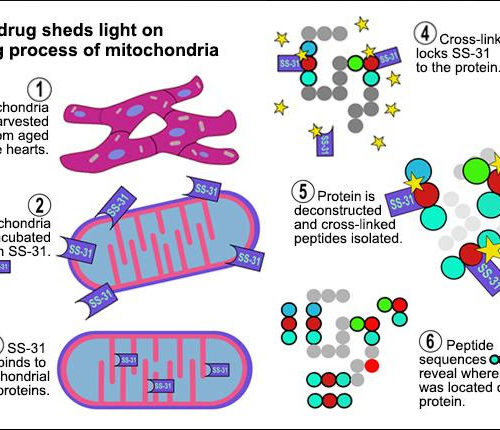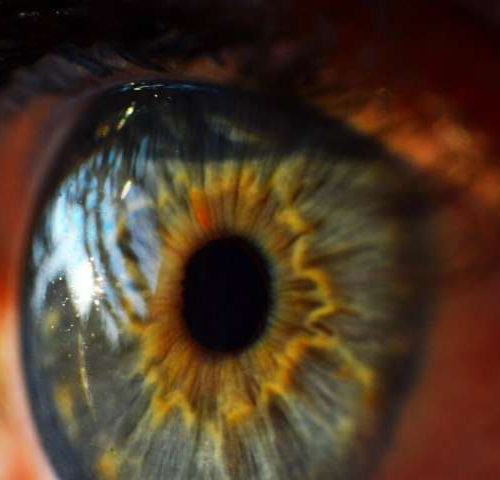Researchers at the Medical University of South Carolina have formulated a vitamin K-based compound that, due to its unique structure and mechanism, eliminates medication-resistant epileptic seizures in mice tested to date. Credit: Sarah Pack, Medical University of South Carolina In the cover article of the June 11 issue of the Journal of Medicinal Chemistry, a...
Tag: <span>Mitochondrial</span>
New molecular tool precisely edits mitochondrial DNA
UW microbiologists discovered a bacterial toxin that, when engineered, is a key part of a gene editor that can make single-base changes in human mitochondria. The genome in mitochondria — the cell’s energy-producing organelles — is involved in disease and key biological functions, and the ability to precisely alter this DNA would allow scientists to...
Study finds fatty acid that kills cancer cells
by Washington State University Researchers have demonstrated that a fatty acid called dihomogamma-linolenic acid, or DGLA, can kill human cancer cells. The study, published in Developmental Cell on July 10, found that DGLA can induce ferroptosis in an animal model and in actual human cancer cells. Ferroptosis is an iron-dependent type of cell death that...
Ex Vivo Mitochondrial Transfer as a Way to Improve Stem Cell Therapy Outcomes
A sizable portion of the variable efficacy of first generation stem cell therapies as presently practiced may be due to a poor quality of cells following expansion in culture. Regardless of quality, near all such cells die shortly after transplantation. Few clinics and few approaches to cell therapy lead to lasting survival and engraftment of...
OPTN-ATG9 interaction accelerates autophagic degradation of ubiquitin-labeled mitochondria
TOKYO METROPOLITAN INSTITUTE OF MEDICAL SCIENCE DAMAGED MITOCHONDRIA ARE SELECTIVELY ELIMINATED VIA AUTOPHAGY CALLED MITOPHAGY. IN MAMMALIAN CELLS, UBIQUITIN CHAINS ON THE DAMAGED MITOCHONDRIA PLAY CRITICAL ROLES TO INDUCE MITOPHAGY. Researchers at TMIMS have revealed that PINK1 (a serine/threonine kinase) and Parkin (a ubiquitin ligating enzyme: E3) work together to ubiquitylate the outer membrane proteins...
Declining eyesight improved by looking at deep red light
by University College London Staring at a deep red light for three minutes a day can significantly improve declining eyesight, finds a new UCL-led study, the first of its kind in humans. Scientists believe the discovery, published in the Journals of Gerontology, could signal the dawn of new affordable home-based eye therapies, helping the millions...
Study finds protein in mitochondria appears to regulate health and longevity
by University of Southern California A new study led by researchers at the USC Leonard Davis School of Gerontology is the first to demonstrate that a tiny protein has a big impact on health and longevity in both animals and humans. The researchers examined humanin, a peptide encoded in the small genome of mitochondria—the powerhouses...
Exercise may offer ‘profound’ benefits for Friedreich’s ataxia, research suggests
by Josh Barney, University of Virginia UVA researcher Zhen Yan studies the benefits of exercise. “You will benefit from just about any type of exercise as you age, as long as you’re not at risk of injury,” he said. Credit: Dan Addison, University Communications Atop exercise researcher at the University of Virginia School of Medicine...
Study yields clues to how drug may boost aged mitochondria
An experimental drug that has been shown to improve the function of diseased and aged mitochondria binds to 12 key proteins involved in energy production, researchers at the University of Washington School of Medicine have found. The drug, elamipretide, also called SS-31, has shown promise for treating rare inherited diseases that affect the mitochondria, the...
Seeing corneal degeneration in a new light
by UT Southwestern Medical Center The molecular changes that lead to Fuchs’ endothelial corneal dystrophy (FECD) occur decades before the disease causes blurry vision and other noticeable symptoms in patients, new research by UT Southwestern scientists shows. This insight into this earliest stage of FECD may eventually lead to new ways of screening for and...

